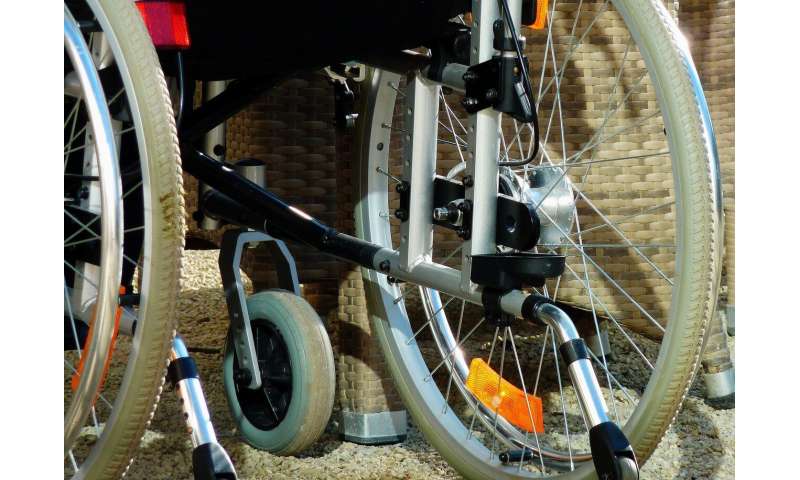
There is a widespread belief that a change in the mental status or an increase in falls in a nursing home resident may indicate an underlying infection. This contributes to the overuse of antibiotics, according to revised clinical guidance by the Society for Healthcare Epidemiology of America. The guidance, published in Infection Control & Hospital Epidemiology, outlines criteria on evaluating non-localizing symptoms as indicators of infection.
“When nursing home residents present with subtle non-specific signs and symptoms, clinicians should consider causes other than infection,” said Theresa Rowe, DO, an author of the guidance and assistant professor of medicine at Northwestern University Feinberg School of Medicine. “However, there are certain signs and symptoms such as fever, that may warrant a work-up for infection.”
The paper, “SHEA Expert Guidance: Reliability of Non-Localizing Signs and Symptoms as Indicators of the Presence of Infection in Residents of Nursing Homes,” provides a framework for when to initiate a work-up for infection when a resident in a long-term care facility or nursing home presents with a non-specific sign or symptom. It evaluates the latest evidence evaluating non-localized signs of infection often used to start antibiotics before lab tests and imaging can confirm infections.
Manifestations of infection change with age, and older adults with infections present differently than younger adults. For example, fever—a cardinal sign of infection—can be blunted or absent in older adults with serious bacterial infections. Likewise, dementia can present significant challenges to diagnosis, including difficulty in obtaining a reliable history.
The guidance describes symptoms that should generally prompt further evaluation for infection, including fever, hypothermia, low blood pressure, high blood sugar, and delirium or worsening mental status. The authors also discuss symptoms that on their own should not prompt further evaluation for infection but should be considered in full context of the patient’s condition, including behavioral changes, functional decline, falls, and anorexia.
Source: Read Full Article
